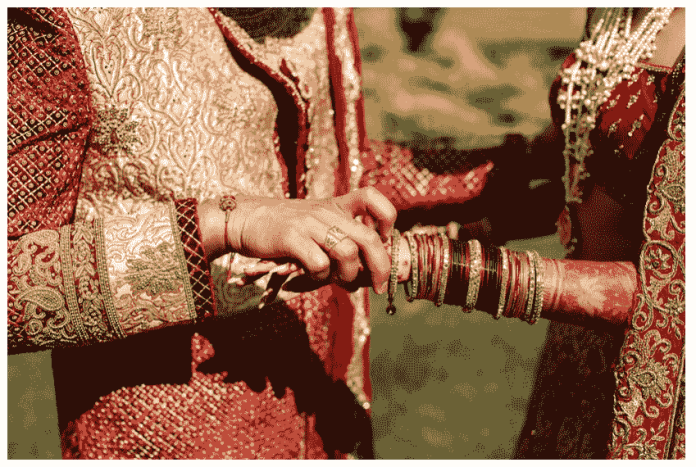Introduction
In the realm of matrimonial jurisprudence, the case of Lalit Mohan v. Tripta Devi emerges as a pivotal judgment that has substantially contributed to the interpretation of mental cruelty under Section 13(1)(ia) of the Hindu Marriage Act, 1955. This case has set forth significant precedential value in determining the parameters of mental cruelty within matrimonial relationships and its legal consequences thereof.
Facts of the Case
The present case arose from a matrimonial discord between the appellant-husband and respondent-wife, who were married in accordance with Hindu rites and customs. Subsequently, the marital relationship deteriorated as the respondent-wife allegedly leveled various accusations against the appellant-husband and his family members. The respondent proceeded to file multiple criminal complaints and made derogatory statements impugning the character and reputation of the appellant-husband and his family in public forums. Consequently, the appellant-husband sought dissolution of marriage by filing a petition for divorce under Section 13(1)(ia) of the Hindu Marriage Act, citing mental cruelty as the primary ground.
Issues Before the Court
The Hon’ble Supreme Court was presented with the substantial question of law regarding whether the conduct of the respondent-wife amounted to mental cruelty under Section 13(1)(ia) of the Hindu Marriage Act. The Court was tasked with examining whether the filing of false criminal complaints and making unsubstantiated allegations about character and conduct in public constitute mental cruelty sufficient for granting divorce.
Arguments
The learned counsel for the appellant contended that the respondent’s persistent false allegations and criminal complaints inflicted severe mental trauma upon the appellant and his family. It was further submitted that the public defamation and character assassination rendered the continuation of marital relations impossible. The appellant argued that the criminal complaints were filed with malafide intentions to harass the appellant and his family members.
Conversely, the learned counsel for the respondent maintained that the complaints were filed based on genuine grievances and the allegations were founded on actual incidents. The respondent expressed willingness to reconcile and continue the matrimonial relationship, attributing the discord to the appellant’s family members.
Judgment
The Hon’ble Supreme Court, after careful consideration of the facts and circumstances, granted the decree of divorce in favor of the appellant-husband on the grounds of mental cruelty.
Reasoning of the Court
The Court, in its judicial wisdom, observed that the filing of false and unsubstantiated criminal complaints against the spouse and their family members constitutes mental cruelty of such magnitude as to warrant the dissolution of marriage. The Court emphasized that public defamation and character assassination of the spouse irreparably damage the marital bond. The continuous and willful conduct of the respondent in making false allegations demonstrated her intention to cause mental harassment to the appellant, thereby making the continuation of married life untenable.
Impact of the Judgment
This judgment has established a significant precedent in matrimonial law jurisprudence by delineating the scope of mental cruelty. The Court’s interpretation has provided clear guidance to subordinate courts in adjudicating matters involving allegations of mental cruelty. Furthermore, the judgment serves as a safeguard against the misuse of criminal law in matrimonial disputes while emphasizing the sanctity of marital relationships.
Conclusion
The judgment in Lalit Mohan v. Tripta Devi stands as a landmark decision that has significantly shaped the interpretation of mental cruelty in matrimonial disputes. The Court’s pronouncement underscores the principle that marriage, being a sacred institution, necessitates mutual respect, trust, and dignity between spouses. The decision effectively balances the need to protect individuals from false allegations while preserving the sanctity of matrimonial relationships. This judgment continues to serve as a guiding precedent in cases involving mental cruelty under matrimonial law.


